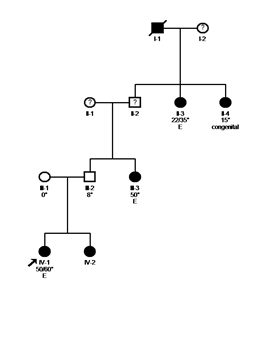Department of Orthopedics
School of Medicine
Welcome to Miller Scoliosis Lab
Lab Director, Nancy Hadley Miller, M.D., M.S.

Nancy Hadley Miller, M.D., M.S.
Professor of Orthopedics
Welcome to Miller Scoliosis Lab
Idiopathic scoliosis (IS) is the most common deformity of the spine in children, with an estimated annual cost of over $3 billion per year. Individuals with IS face lifelong issues, including cosmetic deformity, bracing, and surgery, with females at the greatest risk for severe disease. Family history is a known risk factor for IS, but the genetic causes of the disease are not well understood. We are currently using next-generation sequencing coupled to functional models (animal and cell culture) to discover new genetic variants important to the development of IS. We are also interested in whether tissues relevant to IS— for example, bone and cartilage— harbor transcriptional differences between IS and control individuals. In separate projects, our lab is currently analyzing the transcriptomes of different tissues from IS individuals via RNA sequencing. We believe that these projects will help to discover new genetic regions important to IS, shedding much needed light on the disease process, advancing diagnostics, and paving the way for novel therapies.

Projects
Exome Sequencing in Families with Idiopathic Scoliosis
Our NIH R01 focuses on performing exome sequencing on 100 samples from our cohort of scoliosis families in an effort to discover variants suspected of causing the disease. We will carefully select affected and unaffected individuals from our pedigrees for the most statistical, genetic, and clinical relevance.
View All Projects
Publications
Loading items....
Contact Us
Contact Us
Miller Scoliosis Lab
Mail Stop 8343
Research Complex 1 North
12800 E. 19th Avenue, Room 3107
Aurora, CO 80045
Office: 303-724-0357
[email protected]